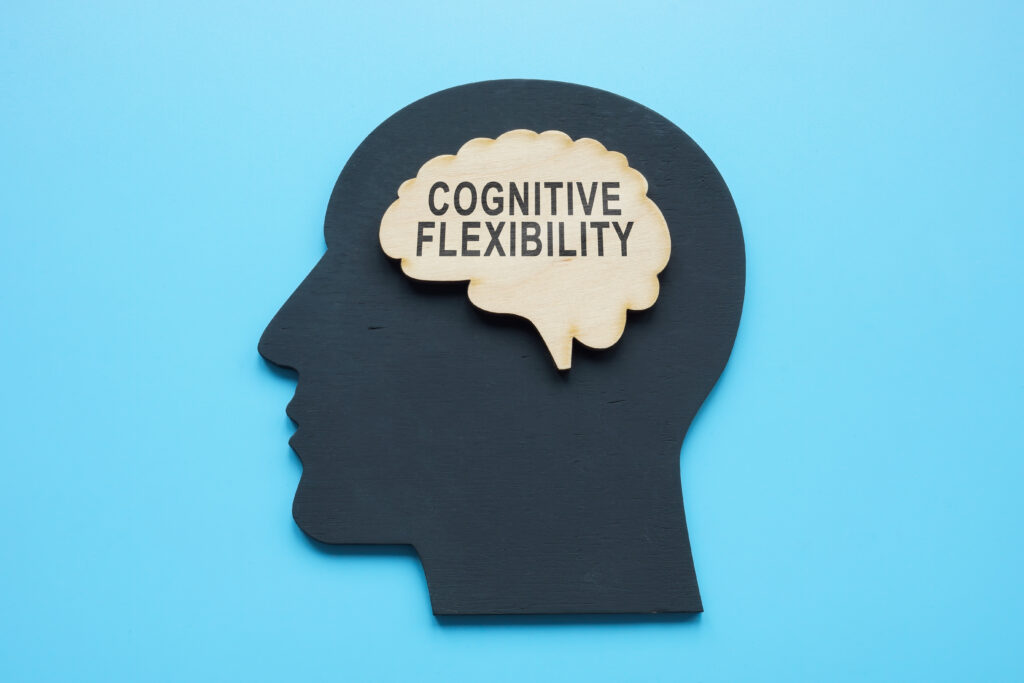Dementia is a term that encompasses a range of cognitive disorders, including Alzheimer’s disease, vascular dementia, and Lewy body dementia. It is a progressive condition that affects the brain’s ability to function properly, leading to memory loss, confusion, and changes in behavior. As the population ages, the number of people living with dementia is on the rise, making it a growing concern for caregivers and healthcare professionals.
One crucial aspect in managing dementia is proper nutrition. Nutrition plays a vital role in maintaining overall health and well-being in individuals with dementia. It not only supports the physical health of the person but also has a significant impact on their cognitive abilities and quality of life.
Challenges in Nutrition for People with Dementia
Individuals with dementia face several challenges that can hinder their ability to maintain proper nutrition. One of the most common challenges is difficulty in eating and swallowing, known as dysphagia. This can lead to problems with choking, aspiration, and malnutrition. Additionally, changes in taste and smell perception can decrease appetite, making it challenging for individuals with dementia to eat enough food.
Moreover, dementia can also cause changes in behavior, including agitation, aggression, and wandering, which can make mealtimes stressful and challenging for caregivers. These behavioral changes can lead to decreased food intake and inadequate nutrition.
Importance of Nutrition in Dementia Care
Proper nutrition is essential for maintaining good health and managing the symptoms of dementia. It can help improve physical well-being, cognitive function, and overall quality of life for individuals with dementia. Here are some reasons why nutrition is crucial in dementia care:
1. Maintains Physical Health
Dementia can make it challenging for individuals to maintain a healthy weight and meet their nutritional needs. Poor nutrition can lead to weight loss, malnutrition, and weakened immune systems, making them more susceptible to infections and illnesses. A well-balanced diet rich in nutrients can help prevent these health complications and promote overall physical well-being.
2. Supports Cognitive Function
The brain requires a constant supply of energy and nutrients to function correctly. A healthy diet can provide the necessary nutrients that support brain health and may help slow down the progression of cognitive decline in individuals with dementia. Research suggests that a diet high in fruits, vegetables, whole grains, and healthy fats, such as omega-3 fatty acids, can help improve cognitive function and memory in individuals with dementia.
3. Reduces Behavioral Symptoms
Malnutrition and dehydration can contribute to behavioral symptoms in individuals with dementia. A study found that people with dementia who were malnourished or at risk of malnutrition had a higher incidence of agitation, aggression, and wandering compared to those who had adequate nutrition. By ensuring proper nutrition, caregivers can help reduce these behavioral symptoms, improving the overall quality of life for individuals with dementia.
4. Enhances Quality of Life
A well-balanced diet not only supports physical and cognitive function but also improves the overall quality of life for individuals with dementia. Food is not just a source of nutrition; it is also a source of comfort, pleasure, and socialization. Mealtimes can be an opportunity for caregivers to engage with their loved ones and create positive experiences. Additionally, providing a variety of nutritious foods can help individuals with dementia maintain their independence and dignity.
Tips for Promoting Good Nutrition in Dementia Care
Providing proper nutrition for individuals with dementia can be challenging, but it is not impossible. Here are some tips to promote good nutrition in dementia care:
1. Offer small, frequent meals: Instead of the traditional three large meals, offer smaller meals and snacks throughout the day to ensure adequate nutrition intake.
2. Provide finger foods: Finger foods are easier to eat for individuals with difficulty using utensils or those who tend to wander during mealtimes.
3. Ensure a calm environment: Create a peaceful and relaxed atmosphere during mealtimes to reduce stress and agitation.
4. Use brightly colored plates: Individuals with dementia may have difficulty distinguishing food from the plate. Using brightly colored plates can make it easier for them to see their food.
5. Involve them in meal preparation: Engage the person with dementia in simple meal preparation tasks, such as stirring a bowl or setting the table. This can provide a sense of independence and accomplishment.
In conclusion, nutrition plays a critical role in managing dementia and improving the quality of life for individuals with this condition. By understanding the challenges they face and implementing simple strategies to promote proper nutrition, caregivers and healthcare professionals can help individuals with dementia maintain their physical and cognitive health, leading to a better quality of life.


